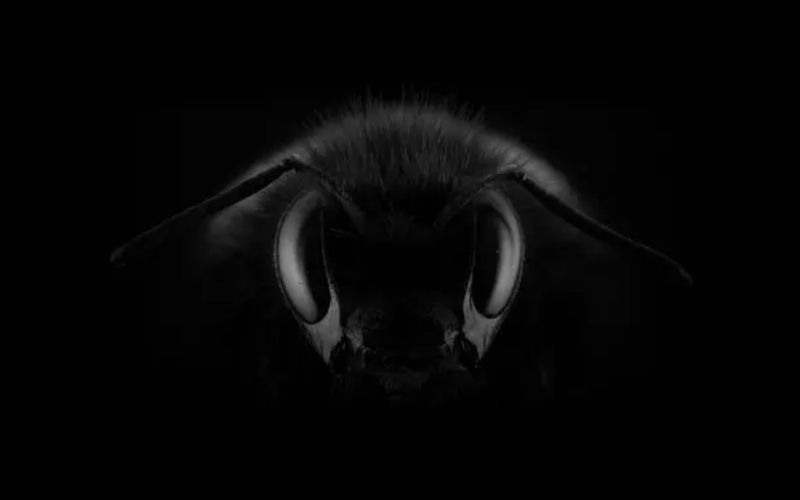AI firm Opteran has raised £2.1m in seed funding to pioneer its approach to autonomous vehicle technology.
The University of Sheffield spin-out, which calls its innovations ‘Natural Intelligence’ expects it will expand the market for autonomy in machines and robotics.
The round was led by IQ Capital with Episode1, Join Capital and Seraphim Capital also participating.
Following on from a pre-seed round from the Connecting Capabilities Fund of the British Business Bank, the latest funding round also includes angel investors and a CCF grant, a part of the Northern Triangle Initiative.
Opteran is a based on eight years of research by Professor James Marshall and Dr. Alex Cope into insect brains as part of the Green Brain and Brains on Board projects.
Although insects have smaller brains, they are still capable of sophisticated decision making and navigation to perceive depth and distance.
The firm believes this approach is a more efficient path to autonomy than current deep learning techniques, and enables it to reverse-engineer insect brains to produce algorithms requiring no data centre or extensive pre-training.
It means Opteran can mimic tasks such as seeing, sensing objects, obstacle avoidance, navigation and decision making.
In a recent trial they were able to control a sub-250g drone, with complete onboard autonomy, using fewer than 10,000 pixels from a single low-resolution panoramic camera.
Weighing approximately 30g and integrating the firm’s camera, the Opteran Development Kit (ODK) will enable the technology to be integrated into a wide variety of applications in the robotics market, which includes off-planet vehicles.
In the next 18 months Opteran said the seed funding will enable the build out functionality in the algorithms and chipsets, including launching a range of new products.
It will also look to expand its engineering and commercial team, and is currently launching a Development Kit to enable partners to embed its technology in their applications.
David Rajan, CEO, Opteran said: “2021 will be the year when Natural Intelligence will challenge deep learning in solving some of the most fundamental short-comings in autonomous applications and this funding round will set Opteran on a path to be at the forefront of this next wave.
“Already in a position to demonstrate the technology, we are confident that Natural Intelligence will become highly sought after as the way to deliver lightweight, low-cost and effective autonomy in a radically new way that will open up huge growth opportunities for robotics.”


